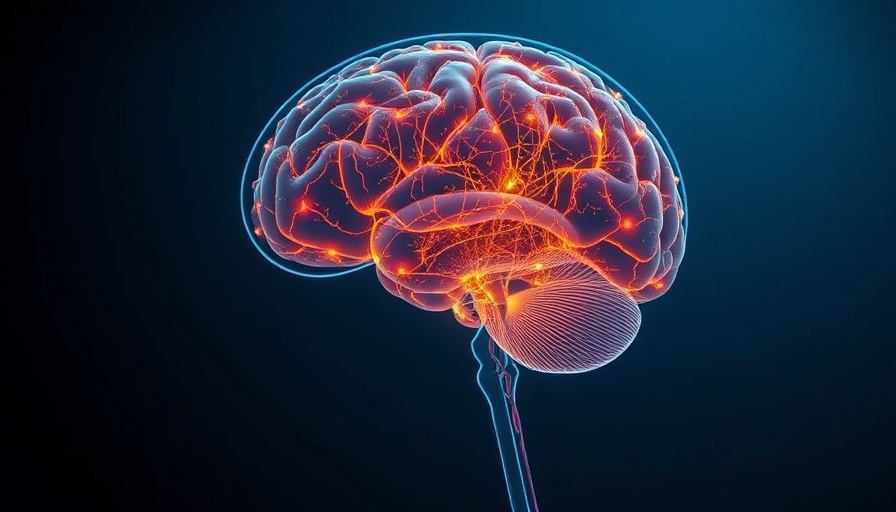
The Surprising Science of Athletic Performance and Aging
Recent research indicates that elite athletes may possess a remarkable ability to influence their biological age through intense physical activity. A study involving professional soccer players in Germany's Bundesliga found significant temporary changes in DNA methylation patterns that correlate with a decrease in biological age following a game. This fascinating phenomenon is termed transient epigenetic rejuvenation, suggesting that vigorous exercise can momentarily alter the biological markers that predict aging.
Understanding Biological Age and Its Implications
Biological age differs from chronological age, serving as a more accurate reflection of an individual’s health and vitality. The concept is based on epigenetic clocks, tools that measure DNA methylation—a chemical modification that affects gene expression. According to co-author Prof. Steve Horvath, this advanced understanding of DNA methylation opens doors for assessing health and longevity in new ways.
Exercise: A Double-Edged Sword?
While exercise is known for its health benefits, it can also place the body under stress, resulting in varied biological responses. In the context of the study, professional soccer players showed significant health fluctuations. For instance, levels of the inflammatory protein C-Reactive Protein (CRP) decreased by 50%, whereas another protein, IL-6, increased dramatically by over 680%. These changes showcase how rigorous physical exertion can reconfigure health markers rapidly.
The Role of Support Staff in Athletic Performance
Interestingly, the study's results were not replicated in the supporting staff who accompanied the athletes. The stark difference points to the unique stresses endured by players during a match and highlights the importance of understanding how different roles within athletic settings experience physical strain.
Future Trends in Health Monitoring
The findings from this study may reshape how both athletes and the general public view exercise's impact on overall health. As Dr. Horvath emphasizes, standardized testing of methylation biomarkers can lead to better assessments and informed health decisions. The design of such tools could soon allow individuals to monitor their biological age and adjust their health habits accordingly.
Taking Action for Your Health
Understanding your biological age through regular monitoring can guide your fitness journey. This unique insight enables you to assess how your body responds to various forms of exercise, making it easier to adapt your regimen for optimal longevity and health. Whether you're a casual jogger or an avid gym-goer, knowing the effects of your workouts can empower you to make healthier choices.
In conclusion, the emerging research highlights the incredible connection between physical activity and biological health. By taking cues from professional athletes, we can all aim to incorporate regular vigorous exercise into our routines. This not only benefits our immediate physical condition but may even rejuvenate our biological age, helping us feel younger, healthier, and more vibrant in our daily lives.
 Add Row
Add Row  Add
Add 




Write A Comment